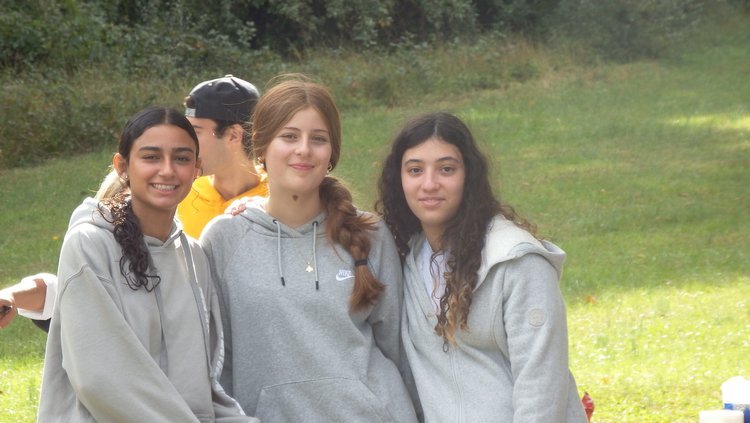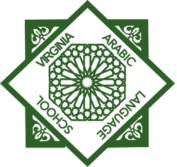Virginia Arabic Language School
Our vision is to equip K-12 students in the DMV area with the language skills needed to engage with the Arab world while instilling Islamic education and values. We strive to cultivate a deep understanding of their faith within the context of their Western education and society.

Welcome to VALS!
Established in 1979 by 12 pioneering families, VALS emerged as a beacon of cultural and linguistic enrichment, driven by a fervent passion for the Arabic language and heritage. With humble beginnings at the Vienna Community Center, the school’s heartwarming story unfolds through the dedication of parent volunteers who fervently nurtured its growth. Over the years, VALS has blossomed into a nurturing community that celebrates the nuances of Arab culture and Islam, welcoming families from diverse backgrounds. This remarkable evolution saw the school embrace new horizons and venues, each chapter marked by steadfast commitment and a shared vision.
Our mission is to empower students with not only the language skills necessary to navigate the Arab world but also to instill the Islamic education and values that foster a deep understanding of their faith within the context of their Western education and society.
Through an enriching blend of immersion and engaging cultural activities, we create an environment where learning becomes a joyous journey. Lifelong friendships are forged here, connecting students and parents in a vibrant community that extends far beyond the classroom.
Nestled in the heart of Fairfax, VA, our Arabic and Islamic Sunday school serves as a cornerstone of knowledge and companionship. We extend a warm invitation to you, urging you to become a part of our close-knit family. Embark on this enlightening adventure, embracing the unique experiences and opportunities that come with growing up Arab and Muslim in the dynamic DC area.
Feel free to navigate through our website to learn about our curriculum, explore our schedule, familiarize yourself with our guiding principles, and meet the dedicated board members and teachers who fuel our educational journey.
Join us as we embark on a path of enlightenment, unity, and personal growth.
VALS at a Glance
The glories of Baghdad, Cordova, and Cairo in their golden age were the beacons of learning when Europe was in darkness.
Mark Twain (Writer & Humorist) – On Islamic Civilization
Our Arabic language, as I see it, is a magnificent musical language, flowing like a sweet river and shining like the radiant sun.
